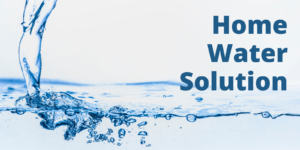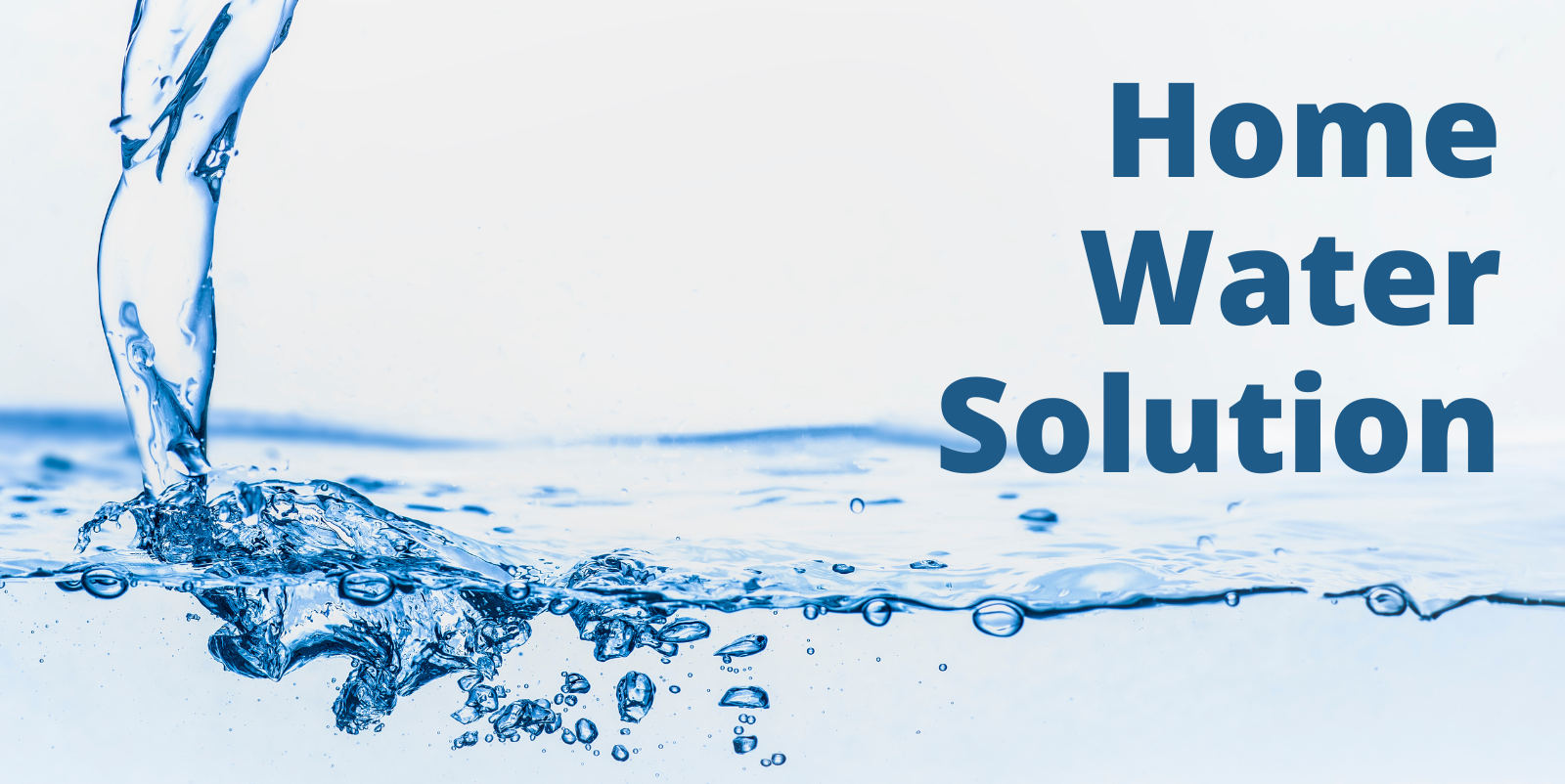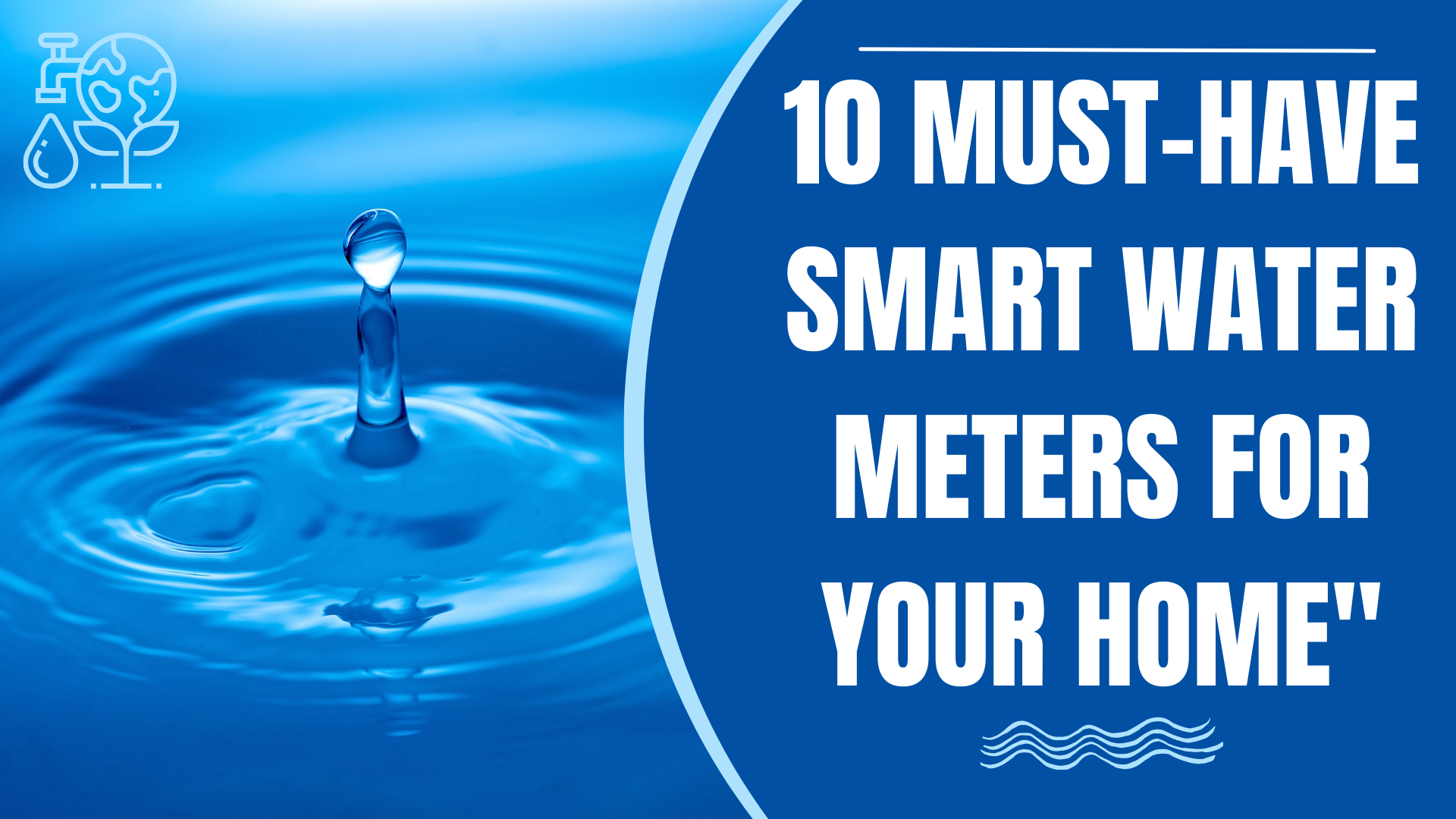Introduction
Home water solution:Every year, people across the globe celebrate World Water Day on March 22nd. It’s a day for raising awareness about the importance of freshwater. It’s for advocating for the sustainable management of water. Water scarcity is a pressing issue worldwide. So, people must see their role. They must conserve this precious resource. This article explores how you can make a difference in your own home. You can help with water conservation.
Understanding the Importance of Water Conservation
Home water solution: Water is essential for life. It sustains ecosystems, supports agriculture, and is vital for human survival and development. Yet, oceans cover about 71% of the Earth’s surface. But, only about 2.5% of that is freshwater. Ice caps and glaciers lock most of it. Many people lack clean and safe water. Pollution, climate change, and bad water management make this worse.
As individuals, we often take water for granted, assuming it will always be available at the turn of a tap. But, populations are growing and water demands are increasing. They need it for activities like farming and industry. So, we must adopt sustainable water practices to ensure it for the future.
Home water solution:How Your Home Can Contribute to Water Conservation
-
Fix Leaks:
-
One of the simplest yet most effective ways to conserve water at home is to fix leaks. A dripping faucet or a leaking toilet may seem small. But, over time, they can waste a lot of water. Check your plumbing fixtures for leaks often. Fix them right away. This will prevent unnecessary water loss
-
Install Water-Efficient Fixtures:
-
Consider replacing old, water-guzzling fixtures with water-efficient alternatives. Low-flow faucets, showerheads, and toilets can reduce water consumption without compromising performance. Look for products with the WaterSense label. It shows they meet the EPA’s criteria for water efficiency.
-
Practice Responsible Water Use. Be mindful of your water usage habits. Make an effort to reduce waste. Turn off the tap while brushing your teeth or shaving, and take shorter showers instead of baths. Only run the dishwasher and washing machine when you have a full load. Use the water-saving settings if available.
- Collect Rainwater. Harvesting rainwater is a great way to reduce reliance on city water for gardening and lawn care. Install a rain barrel or a more complex rainwater harvesting system. It will capture rainwater from your roof. Then, you can use it for non-drinking purposes around your home.
-
Choose water-smart landscaping. If you have a garden, use it to cut water. Choose native plants. They have adapted to the climate in your region. They need less water to thrive. Using mulching and drip irrigation can also help keep the soil moist. They can reduce the need for frequent watering.
-
Invest in Water-Efficient Appliances. When you upgrade, choose models designed to use less water. For example, Energy Star-rated washing machines use less water and energy. So do Energy Star-rated dishwashers. They use less than their conventional counterparts. This saves both resources and money in the long run.
-
Educate yourself and others. Knowledge is key to creating a culture of water conservation. Learn about local water issues. Also, learn about conservation and the importance of water care. Share this knowledge with your friends, family, and community. It will inspire them to act together for a more sustainable future.
-
Cut Chemical Usage at Home. Many cleaning and personal care products contain chemicals. These chemicals can get into water and add to pollution. Choose biodegradable alternatives when possible. Avoid overusing chemical cleaners. This minimizes their impact on water quality.
-
Take part in water-saving programs. Use the incentives offered by your local utility or government. These may include rebates for installing water-efficient fixtures. They may also include free water audits to find areas for improvement. Or, they may include workshops on water conservation.
-
Support Water Conservation Initiatives. Get involved in local initiatives and advocacy. Volunteer with local conservation groups. Join river clean-up events. Or, support policies to protect water at the local, national, and global levels.

Conclusion
World Water Day reminds us of the critical need to conserve water. It reminds us that we all share in protecting this precious resource. We can save water in our homes with simple yet effective practices. This will help preserve freshwater ecosystems. It will also ensure access to clean water for all. And it will reduce the impacts of water scarcity and pollution on our planet.
We, as individuals, have the power to make a difference. We can do this through our daily choices and actions. We can create a more secure future for all by saving water at home. And, by pushing for sustainable water policies in our communities. So, let’s celebrate World Water Day not on March 22nd. Let’s do it every day by taking steps to protect our most valuable resource – water.






